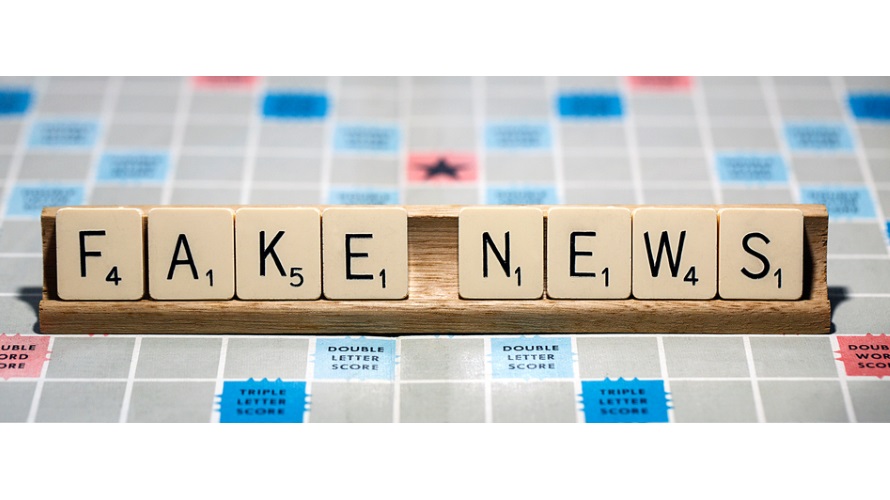Journalism rests on foundations of truth and credibility. Truth is challenging enough and there are plenty of ways to stray from objective facts. People in power with access to information may do their best to hide the truth or put up smoke screens. Personal biases and laziness also contribute to failures to suss out the truth.
But even if you, as a reporter, do your absolute best to get the facts and report them accurately, the next important piece of the puzzle is credibility…and this is something that is not entirely within your control. Credibility is conferred on you, (and your reporting), by a sometimes skeptical public. Some of that skepticism is healthy and serves to keep the press honest, and some is manufactured by enemies of truth who want to erode the power of the press.
Former President Donald Trump is well known for attacking the press as “the enemy of the people” and often went after journalists in very personal ways. Members of the press were more than willing to engage in this battle as it provided a quick route to clicks and ratings. But while returning fire may have felt good, it also provided oxygen to the fire that was consuming the foundation of their craft.

As politics and social issues become more polarized, credibility is strained by in-group/out-group alliances. If you like someone, you’re very likely to disbelieve negative reports and question the motive of the source of those reports. In contrast, if you despise someone you are more than likely to believe and pass along any negative news that appears on your news feed.
A couple of weeks ago the Washington Post issued a correction to a story that contained inaccurate quotes by then President Trump. The alleged quotes were provided by an anonymous source and were later determined to be false when the Wall Street Journal obtained a recording of the phone conversation. Now we can discuss at length whether the WP reporting was sloppy or biased, and whether the conclusions that resulted from the quote and correction were justified, but the bottom line is this. Trump called the WP and other media outlets “fake news” many times. For Trump’s supporters this incident was just one more bit of evidence they now had to confirm their suspicions and agree with that assessment.
According to Tom Jones at Poynter…
The Post has been beaten up pretty good the past two days over the correction and deservedly so. With so much divisiveness across the country over Trump and the election, as well as distrust in the media, this kind of mistake is a bad one. The Post is a respectable news outlet and this was a mistake of sloppiness, not maliciousness. It trusted a source and wasn’t vigilant enough in pinning down the details. But some damage has been done. It certainly adds fuel to those MAGA types who are convinced the so-called “mainstream media” had it in for Trump.
Poynter Newsletter
If you’re a journalist you should care that this incident may have caused unfair damage to the President. But you should be even more concerned about the damage done to the profession of journalism. Journalists who contribute to the further erosion of credibility in their audience will soon find that they no longer have an audience.
